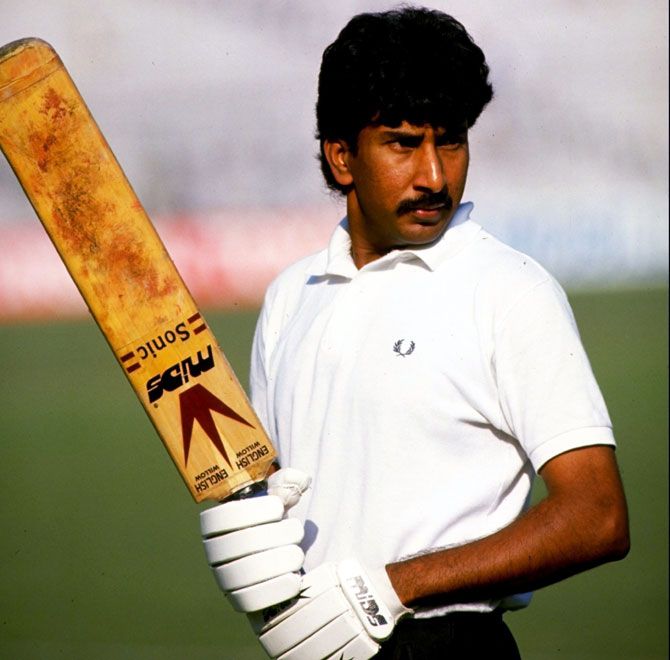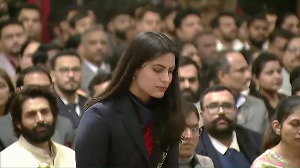'I have wanted to serve my country and players as a coach.'

Tainted former Pakistan captain Saleem Malik on Wednesday pleaded with the Pakistan Cricket Board to drop his life ban for match-fixing and help fulfil his goal to take up coaching assignments.
The 57-year-old Malik was found guilty of match-fixing following a judicial inquiry in 2000 in a scandal that rocked the cricket world.
Twenty years later, he contended that other players guilty of corruption have been allowed to return to the sport, while asking for another chance at redemption.
"I have wanted to serve my country and players as a coach," he said in a video message.
Former fast bowler Ata-ur-Rehman was also banned for life in the inquiry while six other players were fined.
"Whenever I tried to serve as a coach, I was not considered," said Malik, who played 103 Tests and 283 one-day internationals in a career that stretched from 1982 to 1999.
Known for his wristy play, especially square of the wicket, Malik was the first player to be banned from cricket.
Australians Shane Warne, Mark Waugh and Tim May had accused him of offering them bribes to under-perform and lose a Test match during their tour of Pakistan in 1995.
Pleading innocence, he appealed against the ban in 2001 but the Lahore High Court rejected it. Finally, a lower court lifted his ban in 2008, a decision that was however not supported by the PCB and the International Cricket Council.
He applied to be Pakistan's batting coach in 2012 and was also in contention for the head coaching job at the National Cricket Academy in 2008 but was overlooked on both occasions.
"Mohammad Aamir, Salman Butt, Mohammad Asif and Sharjeel Khan have been playing but I have been ignored," he said.
Butt, Asif and Amir were banned for five years in a spot-fixing case in 2010, while Sharjeel was handed a similar sentence in 2017.












 © 2025
© 2025